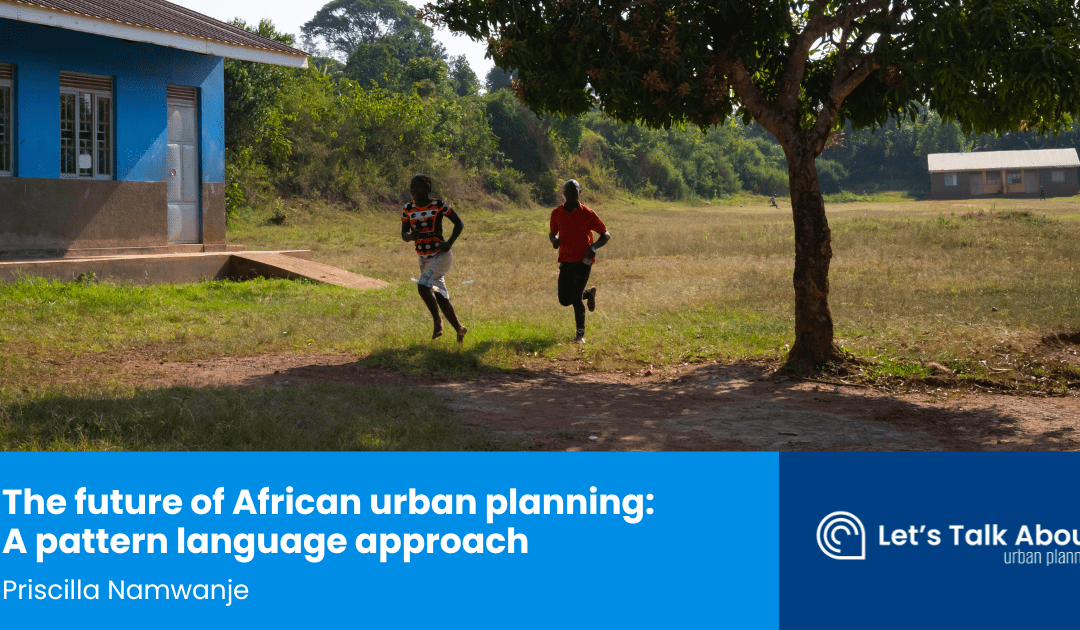The future of African urban planning: A pattern language approach
with Priscilla Namwanje
Pattern languages can be useful for sustainable and inclusive African cities. In this episode, Priscilla Namwanje (Makerere University Kampala, Uganda) focuses on a case study in Kampala, Uganda, where a pattern language approach was used to develop a framework for wetland management that incorporates the needs of both formal and informal communities.
Episode based on the article
The Pattern Language Approach as a Bridge Connecting Formal and Informal Urban Planning Practices in Africa
By Priscilla Namwanje, Víctor Muñoz Sanz, and Roberto Rocco
Recommended Materials
About the Speaker

Priscilla Namwanje is an urbanist and researcher from Uganda, holding a master’s degree in urbanism from Delft University of Technology and a bachelor’s degree in architecture from Makerere University. With over five years of research experience, she champions socio‐spatial justice and urban resilience for sustainable Global South cities. Her work received the prestigious Holcim Award for Sustainability 2021, winning first prize in the next‐generation category. Priscilla currently leads ReFrame, an urbanism research initiative, and lectures at Makerere University.

